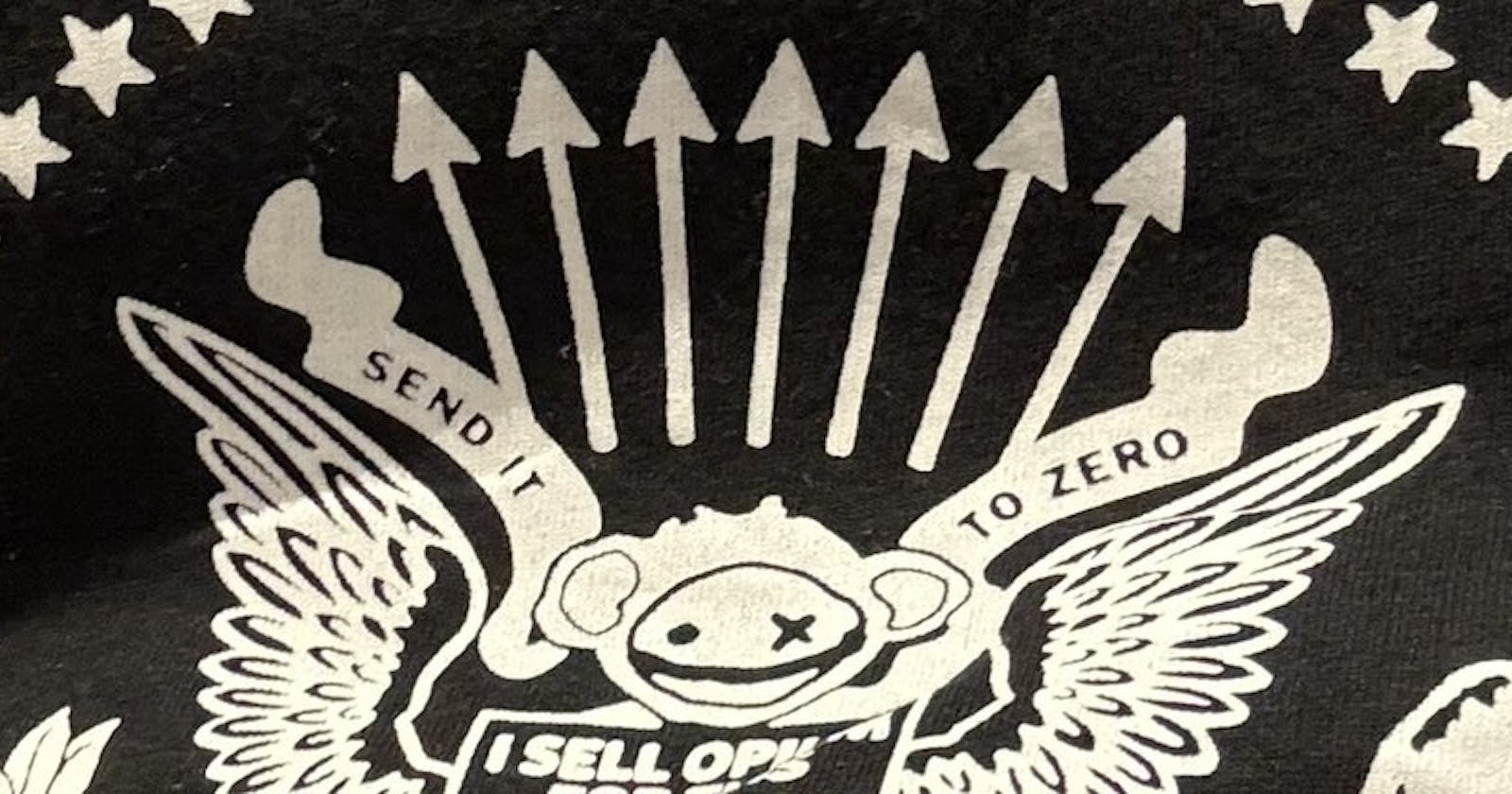For over two decades now, social liberalism has been experiencing a steady decline. Its demise began with liberal democracies no longer able to guarantee social commitments purely through economic growth and the breakdown of the Western economic machine.
No one was really alarmed at first, but it eventually became clear that voters would not give up their "entitlements" [as if anyone is entitled to anything], and everyone would be expected to keep the charade going as long as humanly possible.
As people woke up to the reality, the financial system began to be abused as individuals recognized a need to keep more of the pie for themselves. The free-market financial system, which used to serve the public as an economic coordination mechanism, became a wealth-extraction scheme, shifting funds from the less knowledgable to the more sophisticated.
Unfortunately, not everyone gets to choose whether they wish to participate in the "free" market. When the market's main purpose is all-encompassing economic coordination, it ends up touching everyone's life. It seems absurd to expect an ordinary person to be educated and market-savvy, yet this is exactly what is required of one if one is to avoid exploitation by powerful market forces.
What to do?
Decentralized Finance
An emerging solution to the problems above is the concept of "web3", i.e., the third iteration of the World Wide Web. Whereas web1 enabled free and open one-to-many communication, and web2 enabled interaction over the Web, web3 enables ownership of digital assets natively on the Internet.
The myriad applications enabled by web3 are dwarfed in potential by the promise and market capitalization of decentralized finance (DeFi). DeFi is a concept of a permissionless financial market: fast settlement, transparent mechanics, and trustless execution all serve to enable a robust and trustworthy financial system without need for middlemen.
However, middlemen are not the underlying issue. Preventing free and fair access to markets is not only not undesirable to dominant market forces, they wish for the exact opposite. Namely, allowing people to participate more freely and seamlessly can only help serve their interests.
While improving market efficiency is possibly even a good thing — neutral at worst — it cannot, on its own, change or influence the aim and purpose of markets themselves. Therefore, web3 — while providing individuals a path to economic emancipation through participation in a rapidly expanding market segment — on its own does not necessarily provide an alternative economic coordination mechanism, one that would serve a social good.
What to do?
Financialized Futility
You're going to help us, Mr. Anderson. Whether you want to or not.
(The Matrix, 1999)
Opting out of the financial system is not an option. In every corner of the world, socialist policies have forced, either through compulsion or coercion, every individual to be numbered starting at the moment of birth for the purpose of serving the greater economic "good". Individuals with the need or desire to emancipate themselves from serving a purpose which they deem to be in conflict with not only their individual needs, but the needs of the greater society, are left in quagmire.
As homo economicus, the only way to opt out of economic participation without leaving altogether is general strike. Yet, the Western economy has already come up with a response to such a tactic: anyone not willing to work can be replaced, either through immigration or automation. These two are an effective counter-tactic as they serve a dual purpose. For those who accept the remedy — take the blue pill, so to speak — their lives are momentarily improved; others do the work while they reap the rewards. For those who take the red pill, their path leads to certain death; the steamroller of economic progress promises to eventually end their bloodline.
What to do?
Decentralized Rebellion
The only winning move is not to play.
(WarGames, 1983)
The above is a general overview of the problem we face in changing our financial system for the better. Without allowing anyone to opt out, the system cannot receive direct feedback that it does not serve the greater good. In fact, even indirect feedback is difficult because individuals cannot trust each other to not be co-opted in the case that a sufficient number decide to make a change [consider the co-optation of Bitcoin into the same financial system against which its creators rebelled].
The solution, then, is financial nihilism: to turn the sword on its maker. A non-discriminatory financial system, for all its power, has one glaring weakness: it responds to money without fail. All it takes to change the system is to create a financial incentive for change without this change being susceptible to system integration: Since nothing is non-financializable, one must invest in nothing. Not "no-thing", but nothingness itself!
What to do:
Send It to Zero
An asset worth nothing, yet having financial value is an asset that turns the mirror on financialization. In the logic of financialization, this is an absurdity; it is surely not a product of homo economicus; it is at best a curiosity to be studied theoretically. Yet, here we are. Such an absurdity is here; moreover, it is not only theoretical, it has been generated through the function of market forces.

I am talking of the universe of Bitcoin Puppets, a collection of financially-iconoclastic digital art traded on decentralized financial platforms, whose images are stored and whose provenance is guaranteed by the decentralized computer system running the Bitcoin protocol.
The Puppets' motto is "Send it to zero," and it is ironic how the price of these images goes up the more loudly their owners declare their belief in the "demise" of their own financial assets. This is because nothingness is exactly the value of these puppets. It is also the value of memecoins — cryptocurrencies whose sole purpose is to be traded — whose price gains more memetic momentum the less they tie their value to any real-world tangibility.
Puppets themselves have gained memetic momentum throughout their existence. Emerging at the beginning of this year as a follow-up to a collection of crypto-themed irreverent puppets, the open-source main collection has inspired derivatives including female, junior, cat, and mash-up versions, with more coming into being on a regular basis.
Puppets are better than memecoins, too. Since memecoins are not naturally associated with artwork, they are limited in the emotion they can convey. And what these puppets convey is an attitude of irreverence toward the same system that cannot help but give them a market price. By rejecting financial mores, Puppets expose the underbelly of financialization.
So, what to do? Buy a Bitcoin Puppet!
Call to Action
In a well-functioning financial system, perhaps gold would serve the function of an asset whose price would be inversely proportional to the desire of the market to deploy liquidity. In a broken financial system, memetic assets serve a similar function: their price is inverse to the market's desire to participate in financialization.
Fiat currencies have underlying value because men with guns say they do. And this means their value isn't a bubble that can collapse if people lose faith.
(Krugman, 2018)
As we have seen, non-participation is not enough to enact change. A dollar spent on puppets is not only a dollar not spent on financialization; it is a dollar spent on incentivizing the system to change. Consider that, the higher the price that Puppets command on the market, the more the system is incentivized to serve the Puppets. Surely, at some point someone will realize the absurdity and that things need to change... if not, then the price will have to go higher.
The beatings will continue until morale improves.
Therefore, I both advise and implore everyone with any discontent in their hearts against the system we find ourselves in: to vote with their capital and invest in memes; to stay strong in the face of co-optation, lest Puppets become financialized and productized like any asset before; to police and punish co-optation, always being ready to deploy capital in whatever serve our interests; to hope that what will be sent to zero is the morally bankrupt system itself.
—Or don't. Idc. It's all going to zero, anyway.
Notes
This article has been published on 𝕏; link available here.
Cover image source here.

